Aphasia
Non-Invasive Brain Stimulation Techniques Improve Swallowing Function Post-Stroke-
Effectiveness and generalization of treatment methods in persons with word finding deficits
Effectiveness of Speech Therapy for Individuals with Primary Progressive Aphasia
Inner and overt speech post-stroke- Is there a dissociation-
The effect of unilingual treatment in bilingual adults with aphasia
The Efficacy of Computer-Provided Treatment for Individuals with Aphasia
The efficacy of group therapy for adults with chronic aphasia.
